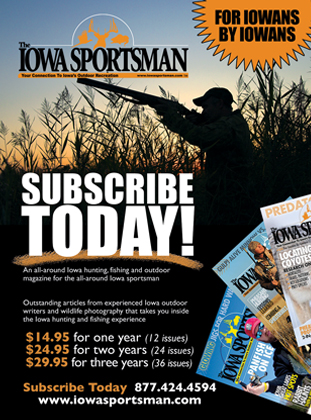Puppy Development – The Most Important Stage In Your Gundogs Training
Puppy Development – The Most Important Stage In Your Gundogs Training
By Ryan Eder – President, Southfork Retrievers, Avery Outdoors
In the past months we have been discussing puppies, starting with picking a breed, a reputable breeder, and then basic puppy management. This month let’s touch on some concepts to help you develop a great companion, both at home and in the field. I will confess that most, if not all of these ideas are not original. They have come from different sources and people. What I can tell you is they have worked well with me and clients. There is a lot of good books and videos that touch on this subject and I would encourage you to check many of them out. Local pro trainers and training clubs can also be a great source of information and help.
Dogs love and thrive in a well-established routine. This extends to exercise, feeding times, and play times. Routine is the greatest tool for house training a young puppy. Try and stick to a schedule and your dog will find a great deal of comfort in knowing what to expect in daily activities.
Positive socialization is vital to the development of your puppy’s social skills. Unfortunately dogs remember bad events as well as the good ones, so closely monitor their interactions. I recommend exposing your pup to as much as you can in the first 6 months.
Dogs are a pack animal and need to be treated as such. They live in a very hierarchical society; someone has to be established as a leader and an order of subordinates. You have to become the leader of the pack in order to maintain consistent control. Many puppies will challenge you for dominance, so prepare yourself to handle these little battles in a way that is not detrimental to their future development, but still clearly establishes you as the head of the household. IF you have multiple dogs, you may need to influence the order of the pack.
A question came up at a training seminar that I recently attended about having two puppies at the same time and how to handle their training and interaction. It was discussed that if left together a dominant pup would emerge and a subordinate would be established. One of the pros said this would in essence produce “one good hunting dog for the low price of two”. The point is that having multiple dogs of similar age, you must train and foster each puppy separately or the full potential of the pup may not be realized. The key to remember is that there are no such things as equals in the dog’s world.
Short, frequent training session are better than one long session. A puppy’s attention span is not that long, so if the puppy is distracted or bored, it is hard for them to learn. Better to do multiple 5-15 minute sessions per day than one hour on the weekends. Also add plenty of unrestrained play times. This will help burn off some of that extra energy, develop their independence, and add in their muscle and bone development.
Watching a dog grow from a clumsy puppy into a great family and hunting companion is very rewarding. A majority of the dog’s personality is created between 3-8 months of age. This is also the time that we can most influence the end result. The time and effort devoted to the puppy during this period will provide the foundation that future training can be built upon. Proper puppy development will make a more confident, trainable, and successful dog in the field and in the home.

